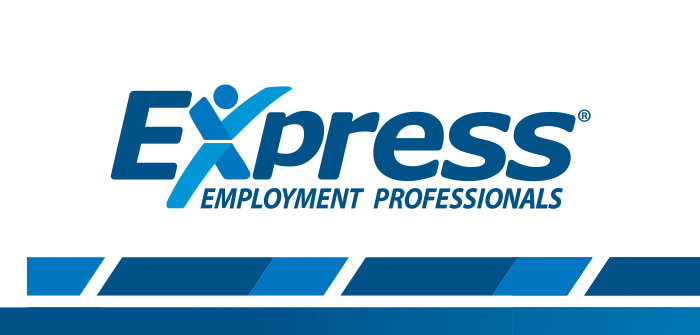Realizing the Dream of Entrepreneurial Success
Source: Express Employment Professionals’ Refresh Leadership
Entrepreneurship is strong in North America. The U.S. and Canada have the highest levels of entrepreneurial activity in the world. If the thought of working for yourself and following your dream is appealing, here are seven important questions to consider:
Do you have the personality traits to run a business?
You’ve probably heard that entrepreneurs are risk takers and innovators, but there are additional factors to keep in mind. Are you a good planner? How are your networking skills? This checklist of 25 characteristics by Entrepreneur.com will help you determine whether you are suited to own your own business.
Does your business acumen come by “nature or nurture”?
Good entrepreneurs often have a combination of both. You may be born with “natural” characteristics, such as the ability to work independently, but these traits are most effective when paired with real business experience to “nurture” your skills.
How fast do you expect to succeed?
One of the biggest mistakes people make is to expect overnight success. Most businesses take time to get up to speed and see success, so tracking your progress over time is critical.
Are you a path creator or a path follower?
Before you dismiss the latter, understand that both types can be successful entrepreneurs. Path creators are boldly venturesome. This type of entrepreneur is sometimes described as jumping off a cliff and successfully inventing a plan on the way down.
Path followers prefer to rely more on pre-existing knowledge. Franchise opportunities are often a great fit for this kind of entrepreneur, because you can run your own business while taking advantage of proven business strategies and practices.
What kind of housing do you prefer?
This may seem like an odd question, but David Lewis, vice president of franchising for Express Employment Professionals, finds this is a quick way to narrow down whether you are fit for a traditional corporate career, a franchise, or a purely entrepreneurial role.
Ready to design a house from scratch on grid paper? You are a pure entrepreneur who is ready to start a business from the ground up.
Prefer a custom home with help from a good builder? This personality type is perfect for franchise ownership, where you can make your mark, but have a ready-made blueprint for success.
Want a good home in the nice neighborhood? You are likely a successful corporate employee and don’t want to be in charge of setting up the business structure.
Have the home, but want a rental on the side? You may not be ready to leave your day job yet, but this shows you’re testing the waters outside the corporate box and may be on a path to franchise ownership.
Do you have a mentor?
Mentorship is essential. Seventy percent of business owners with mentors have businesses that are open after five years, double the survival rate of non-mentored small businesses, according to a UPS company survey. A mentor can look at your new business with a critical eye and keep you from getting too far off track, while understanding the demands of business ownership.
Can you live with failure?
That may not be what you want to hear when you are setting your sights on success, but even the most successful entrepreneurs meet failure at some time or another. Jack Ma, founder of the world’s largest online commerce center, Alibaba, said he would not be as successful if he had not experienced failure.
Finally, be ready to roll up your sleeves and work hard, say the experts, including billionaire entrepreneur and “shark” Mark Cuban. As he explained in a Business Insider interview, his advice to any entrepreneur is simple: “Do the work. Out-think. Out-sell your expectations. There are no shortcuts.”

